Local authorities in England have seen profits from car parking charges drop by 5% as the economic fallout of the pandemic continues to bite, according to a new analysis.
The analysis by the RAC Foundation found that councils made a combined profit of £891m from parking in 2019-20, which is down from the £934m made the year before.
Based on official figures, the analysis also shows councils spent £854m on running car parks, up on the £812m in the previous year.
This expenditure does not include interest payments or depreciation on their capital assets such as car parks as these figures are not accounted for in the official data.
But not all councils made large profits – according to the RAC Foundation – and 35 local authorities reported making a loss.
‘Parking management is quite a money-spinner for some local authorities, and nationally it is a big business with total income of more than £1.7bn,’ said Foundation director, Steve Gooding.
‘The surplus for 2019-20 is down a little on the year before which may in part reflect the impact of the first Covid lockdown which saw traffic levels plummet at the end of last March.
‘The dip is likely to be much deeper for the current financial year given the range of restrictions over the past 12 months and the government’s current plea that we should all stay at home if we can,’ added Mr Gooding.
‘Going forward there are likely to be many councils who are actually looking to cut parking charges as a way of encouraging more people to visit their high streets which are fighting for survival.’
Responding to RAC figures, Cllr David Renard, transport spokesperson for the Local Government Association said: ‘Councils have to try and ensure there are spaces available for everyone at all times of the day and we can keep traffic moving, and dangerous obstructions are dealt with. With an increase of 10 million cars on the road in the last 20 years this has become increasingly challenging for councils.
‘Income raised through on-street parking charges and parking fines is spent on running parking services. Any surplus is spent on essential transport projects, including fixing potholes and tackling congestion, but it would take more than a decade and £10 billion to tackle our current roads repair backlog.’
Photo Credit – Pixabay












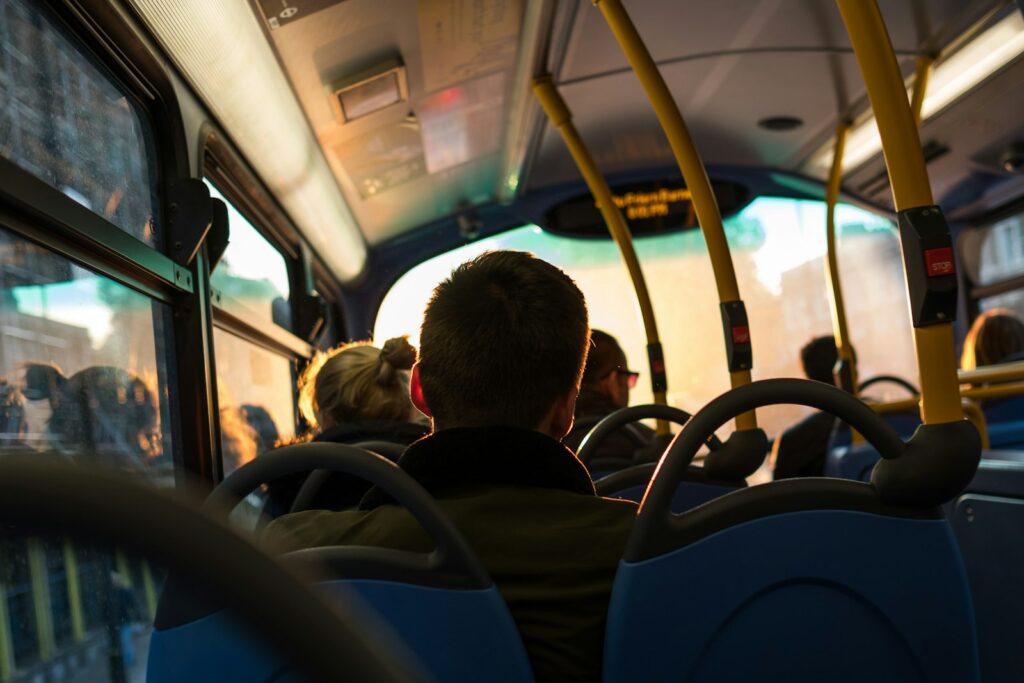
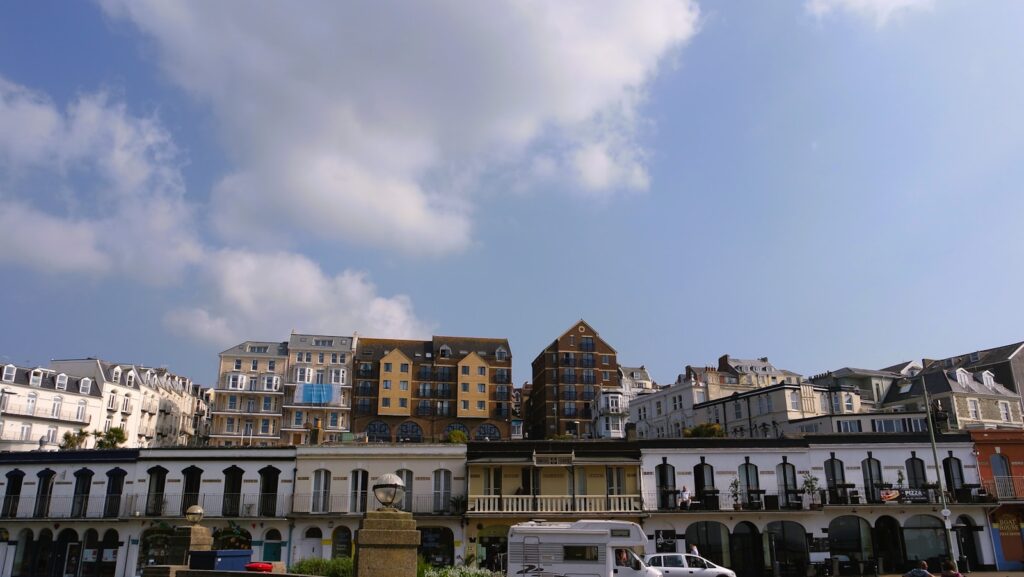
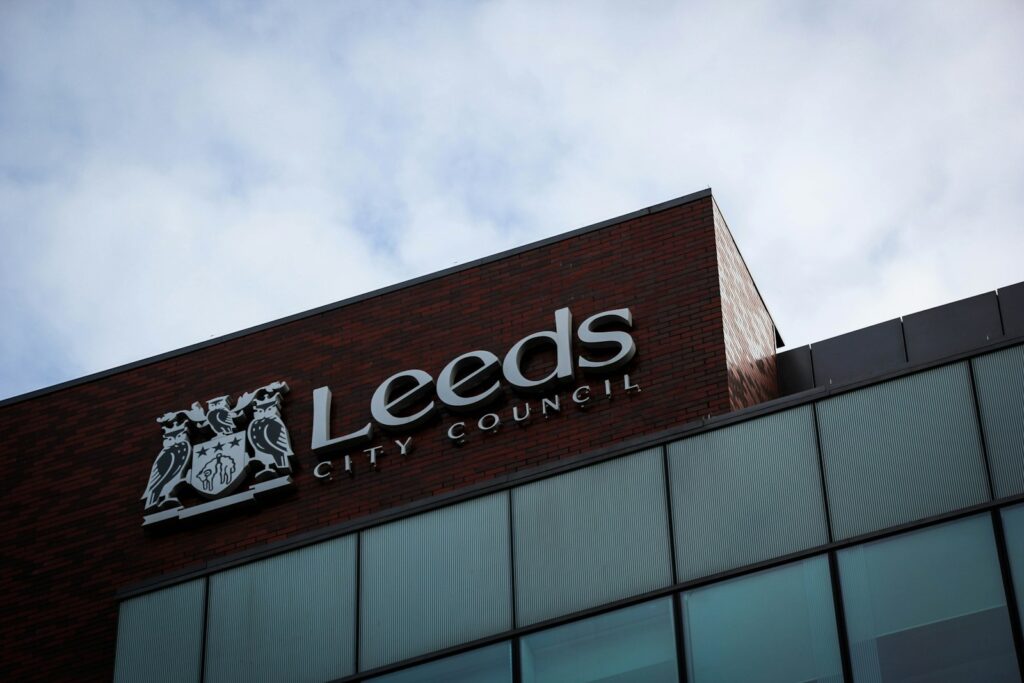
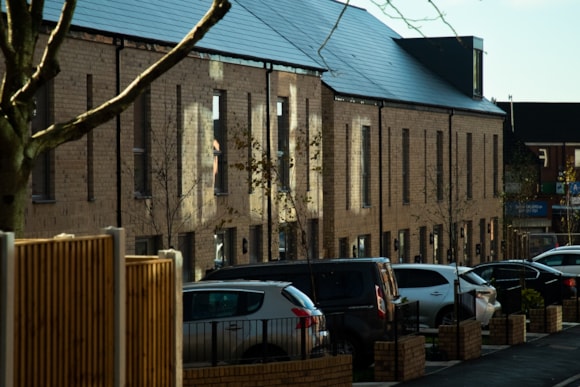

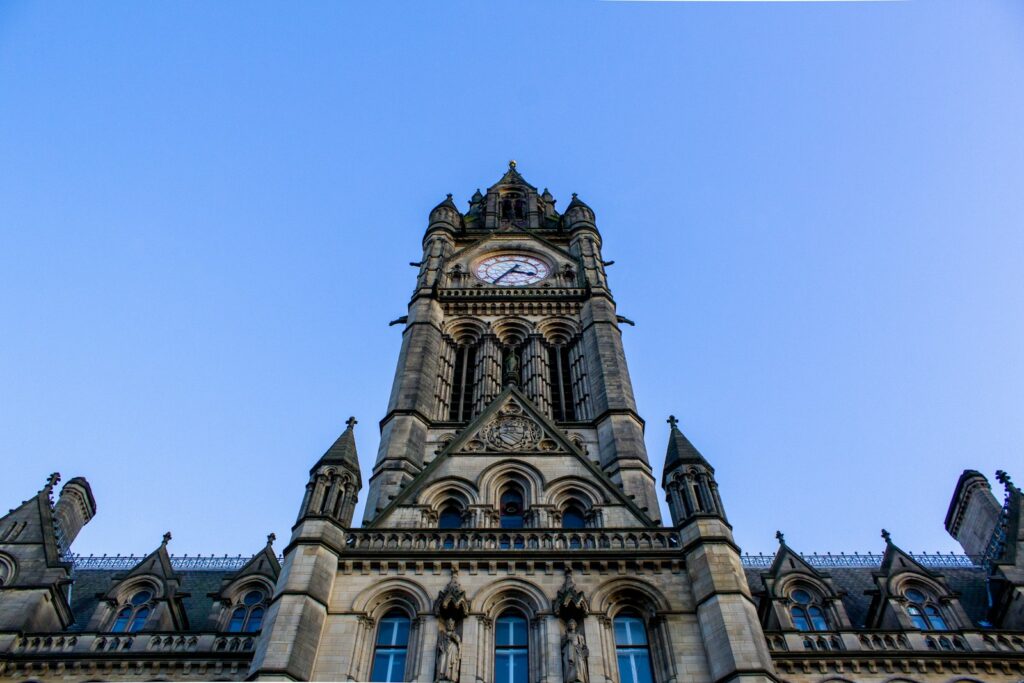
Leave a Reply